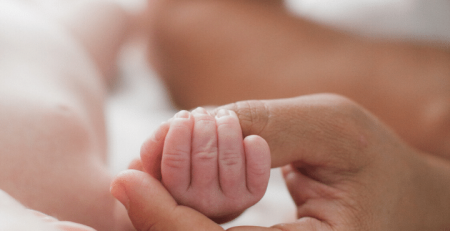No-one ever thinks it will ever happen to them, but your sudden death could have serious financial implications for those closest to you. No matter how uncomfortable it might be – perhaps it’s time to start thinking about life insurance?
Do I need it?
As a rule of thumb, if somebody depends from your income then it’s generally a good idea to take out some form of life insurance. Then, if the worst does happen sooner than expected, you will have the peace of mind that your nearest and dearest will still be able to afford to live in comfort after you are gone. Generally, life insurance is not deemed necessary for those without dependants. Although, it is worth thinking about if you have a joint loan or mortgage with a friend. It can also be cheaper to take out a pre-emptive fixed rate policy when you are in the full flower of your youth, as premiums tend to go up with age and health issues begin to arise.
When should you consider life insurance?
If you don’t already have life insurance, there are certain changes in circumstances that might lead you to reconsider, such as:
• Becoming a parent.
• Getting married.
• A change in your income level like becoming the main breadwinner in the family or a partner losing their job.
• Moving home, buying a house or taking out a substantial loan (for buying a car etc.).
What can it be used to pay off?
A life insurance policy will usually be paid out as lump sum in the event of your death, but it can also be paid out over a pre-determined length of time. The biggest debt for most people is their mortgage and being able to pay this off with your life insurance cover is usually the number one concern for someone taking out a policy.
However, life insurance can also be used to provide cover for a number of other things, for instance: replacing your salary, providing childcare for your dependants, covering educational costs for any older children that might be in further education.
It can even provide cover for the smaller, day to day things such as the cost of your partner having to pay someone else to clean the house in the event of your death.What different kinds of life insurance are there?
There are two main types of life insurance available: Whole of Life and Term Assurance.
As the name implies, Whole of Life cover extends throughout your natural lifetime, although it does tend to attract higher premiums as, unfortunately, we will all die at some stage.
Term Assurance tends to appeal to those looking to pay a lower premium for their life insurance as you are only covered for a fixed term, for example 25 years.
The idea is that you take out a policy for a period long enough to cover the term of your mortgage or provide cover for dependants (such as your children) to become financially independent. It is important to remember that if you die after your fixed term ends then there won’t be a pay-out.
Term Assurance policies also fall into a further two categories: Level and Decreasing term. Level term assurance will pay out a lump sum at any time during the life of the policy and are often bought alongside an interest-only mortgage.
Decreasing term assurance will also pay out a lump sum, but it will decrease by an agreed amount each year, eventually reaching zero by the end of the term. This type of policy is often purchased with a repayment mortgage as your mortgage debt decreases each year as you pay more it off.
Taking out one of the above types of policy is especially sensible if you have a joint mortgage. If one of you were to die then it could lead to the surviving partner losing their home if they are unable to meet the mortgage payments by themselves.
How much cover do you need?
Ideally you should be looking at enough cover to ensure that your dependants are able to maintain their standard of living after you are gone.
How much really depends on your commitments in terms of the size of your mortgage, salary, debts or number of dependants. A ballpark figure is typically 10 times your current salary – although, people without children may require less cover than this.
As with any insurance policy, it is essential you shop around to get the cover that is right for your situation and will actually pay out in the event of your death.Death in service
Some companies offer their employees a ‘death in service benefit . This usually involves a payout of around 4 times your salary in the event of your death while you are employed by that company. If this provides you with adequate cover then it may not be necessary to take out further life insurance.
However, if you change jobs and your new employer does not offer a similar service or if your salary or the benefit offered is not high enough to provide adequate cover for your dependants, then you will need to think about taking out additional life insurance.



